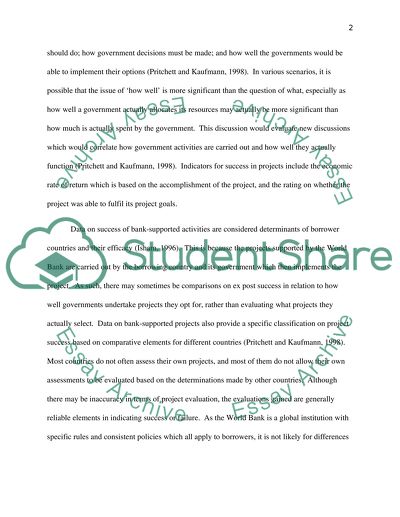Cite this document
(“The relationship between democracy and performance Essay”, n.d.)
The relationship between democracy and performance Essay. Retrieved from https://studentshare.org/history/1498820-what-is-the-relationship-between-democracy-and
The relationship between democracy and performance Essay. Retrieved from https://studentshare.org/history/1498820-what-is-the-relationship-between-democracy-and
(The Relationship Between Democracy and Performance Essay)
The Relationship Between Democracy and Performance Essay. https://studentshare.org/history/1498820-what-is-the-relationship-between-democracy-and.
The Relationship Between Democracy and Performance Essay. https://studentshare.org/history/1498820-what-is-the-relationship-between-democracy-and.
“The Relationship Between Democracy and Performance Essay”, n.d. https://studentshare.org/history/1498820-what-is-the-relationship-between-democracy-and.


